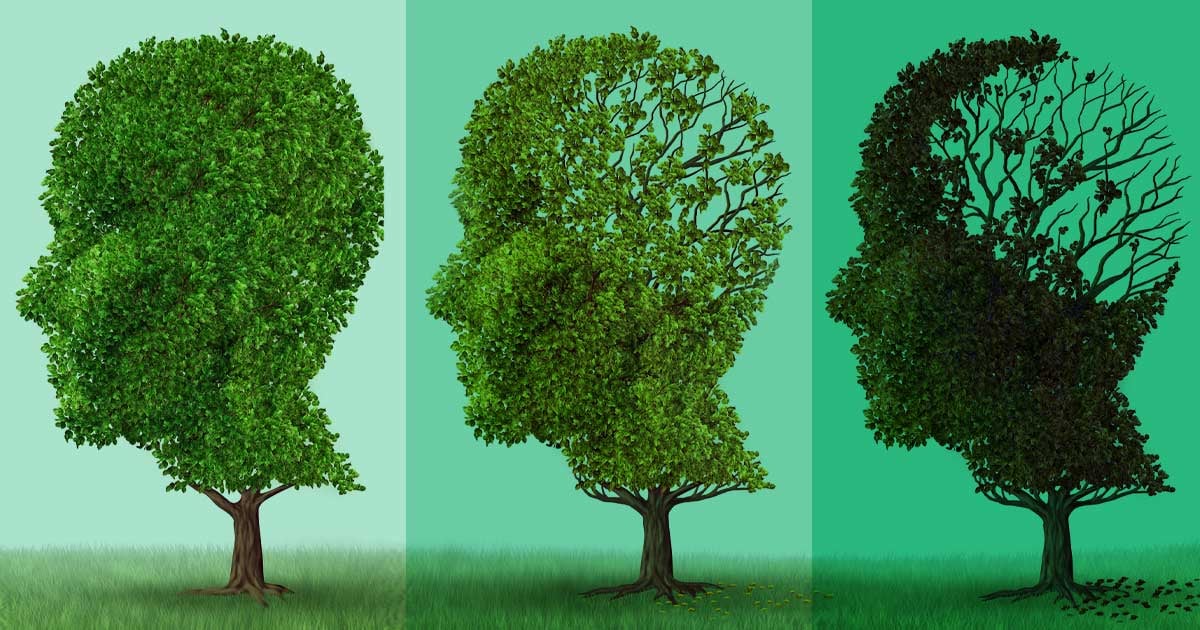Whether it is a mild, moderate, or severe stage of Alzheimer's Disease, there are critical factors for recognizing an escalation of the disease.
As the disease progresses, more symptoms and behavioral changes present themselves to family members and caregivers.
Alzheimer's Disease: Mild Stage
With the progression of Alzheimer's disease, people in the Mild stage will undergo changes such as cognitive difficulties and noticeably increased memory loss. People are often diagnosed in the Mild stage as symptoms become more apparent. Look for obvious changes in their behavior and personality. They may have trouble with daily tasks like handling finances or wandering, and getting lost in familiar environments.
Behavior and personality changes may include:
- Appearing depressed or uninterested in daily matters
- Disregard for personal appearance or daily hygiene
- Imagining things
- Wandering or increased pacing
- Hitting others
- General confusion interpreting what they see or hear
- Becoming easily agitated
- Exhibiting a need to hide things
- Unusual sexual behavior
Alzheimer's Disease: Moderate Stage
The Moderate stage of Alzheimer's is when more severe damage occurs in the brain. This may lead to diminished sensory processing (detecting smells & sounds) and a loss of control for language, reasoning, and conscious thought.
As memory loss and overall uncertainty worsen, people struggle to recognize family and friends. The inability to learn new things will become apparent while carrying out established tasks like getting dressed becomes overwhelming. Many people at this stage will experience paranoia, act out impulsively, have delusions and hallucinations.
Alzheimer's Disease: Severe Stage
As the spread of plaques and tangles within the brain combines with significant shrinkage of brain tissue during the Severe stage, people with Alzheimer's disease become incapable of communicating and are entirely reliant upon their care from others.
Because Alzheimer's causes the loss of reasoning, memory, and the capacity to think, caregivers are often faced with the difficulty of not knowing for certain what care is needed. As the body begins to shut down, a person may spend most, if not all, of their time in bed.
Free e-learning course provided by Alzheimer's Association
Understanding Alzheimer's and Dementia: Learn the difference between Alzheimer's and dementia, stages, risk factors, current research, treatments and more.


